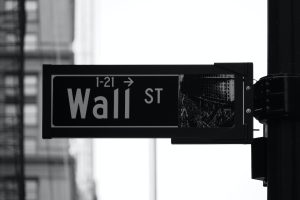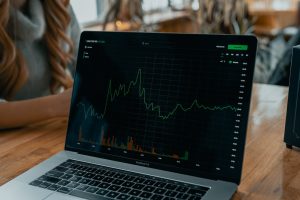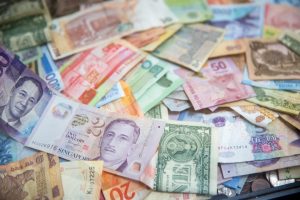Forex and stock trading are two popular investment options that offer the possibility of high returns. However, they also come with risks, and determining which is riskier can be a difficult task. In this article, we will explore the risks involved in forex and stock trading to help you decide which one is riskier.
Forex Trading
Forex trading, also known as foreign exchange trading, involves buying and selling currencies from around the world. The goal of forex trading is to profit from the fluctuations in currency prices. Currency prices are affected by a variety of factors, such as economic indicators, political events, and market sentiment.
One of the biggest risks of forex trading is the high level of leverage that is available. Leverage allows traders to control a large position with a relatively small amount of capital. While leverage can amplify profits, it can also amplify losses. A small adverse movement in currency prices can quickly wipe out a trader’s account.
Another risk of forex trading is the lack of regulation. Unlike the stock market, the forex market is not regulated by a central authority. This means that there is a higher risk of fraud and scams in the forex market.
Lastly, forex trading is highly speculative. The market is unpredictable, and traders must rely on their analysis and instincts to make profitable trades. This requires a high level of skill and experience, which many novice traders lack.
Stock Trading
Stock trading involves buying and selling stocks, which represent ownership in a publicly traded company. The goal of stock trading is to profit from the fluctuations in stock prices. Stock prices are affected by a variety of factors, such as earnings reports, economic indicators, and company news.
One of the biggest risks of stock trading is the volatility of the stock market. The stock market can be unpredictable, and prices can fluctuate rapidly. This can result in significant losses for traders who are not able to react quickly to changes in the market.
Another risk of stock trading is the potential for fraud and scams. While the stock market is regulated, there are still instances of insider trading and other forms of market manipulation.
Lastly, stock trading requires a significant amount of research and analysis. Traders must be able to analyze financial statements, evaluate company news, and stay up-to-date on market trends. This requires a high level of skill and experience, which many novice traders lack.
Which is Riskier?
Both forex and stock trading come with risks, and determining which one is riskier depends on several factors. However, there are some general guidelines that can help you make a decision.
Forex trading is generally considered riskier than stock trading due to the high level of leverage, lack of regulation, and speculative nature of the market. Forex traders must be highly skilled and experienced to make profitable trades, and even then, there is a high level of risk involved.
Stock trading, on the other hand, is generally considered less risky than forex trading. While the stock market can be volatile and unpredictable, it is regulated, and there are more opportunities for traders to minimize their risks. Additionally, stock trading requires a significant amount of research and analysis, which can help traders make informed decisions.
Conclusion
In conclusion, both forex and stock trading come with risks, and determining which one is riskier depends on several factors. However, forex trading is generally considered riskier due to the high level of leverage, lack of regulation, and speculative nature of the market. Stock trading, on the other hand, is generally considered less risky but still requires a significant amount of research and analysis. Regardless of which one you choose, it is important to do your research and understand the risks involved before making any investment decisions.






